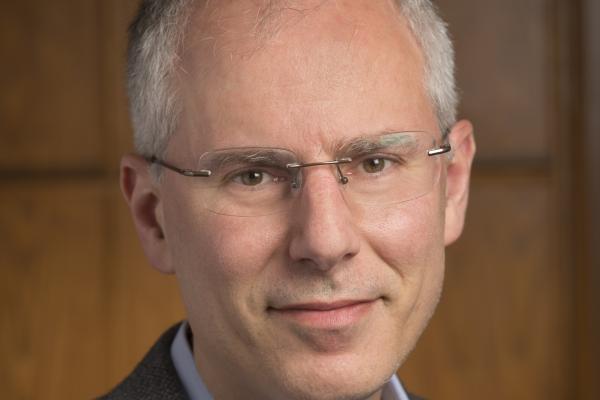
Scott Miller
Yale University
Day 1
CBEC 130
4:10 PM
Title: Searching for Selective Catalytic Reactions in Complex Molecular Environments
This lecture will describe recent developments in our efforts to develop low-molecular weight catalysts for asymmetric reactions. Over time, our view of asymmetry has ebbed and flowed, with foci on enantioselectivity, site-selectivity and chemoselectivity. In most of our current work, we are studying issues of enantioselectivity as a prelude to extrapolation of catalysis concepts to more complex stereochemical settings where multiple issues are presented in a singular substrate. Moreover, we continuously examine an interplay between screening of catalyst libraries and more hypothesis-driven experiments that emerge from screening results. Some of the mechanistic paradigms, and their associated ambiguities, will figure strongly in the lecture.
Day 2
CBEC 130
9:00 AM to 11:00 AM
Title: Catalysis: Asymmetric, Enzymatic, Biomimetic, Inorganic, Organometallic, Organocatalytic – Are These Separate Fields and What is Next?
In 1836, Berzelius discussed “Considerations Respecting a New Power Which Acts in the Formation of Organic Bodies” in a seminal paper (Edinburgh New Philos. J. 1836, 21, 223.) Catalysis as an intellectual construct for the accelerated interconversion of matter has been intensely studied in the aftermath. Enzymes and nonenzymatic catalysts dominate large swaths of the scientific literature to this day. The late Professor Jeremy Knowles wondered out loud about the paradox, “Enzymatic Catalysis: Not Different, Just Better” in a famous essay (Nature 1991, 350, 121-124). What did he mean? What have been the major advances in the field of catalysis since? If Berzelius and Knowles were attending the CaRLa Winter School this year, what would their assessment of the field be? This lecture will recount some of the major advances in the field of catalysis, analyzing some historically important papers. Do these landmark works show the way to what is next? Or are there other important factors driving the field forward?
Hosted by: Sean Rafferty
